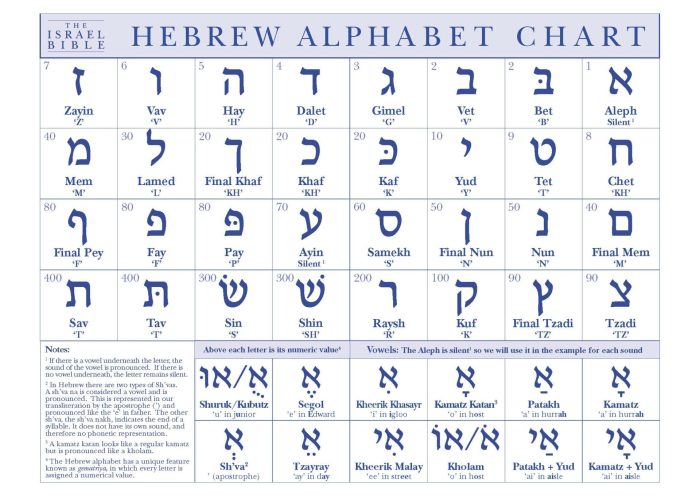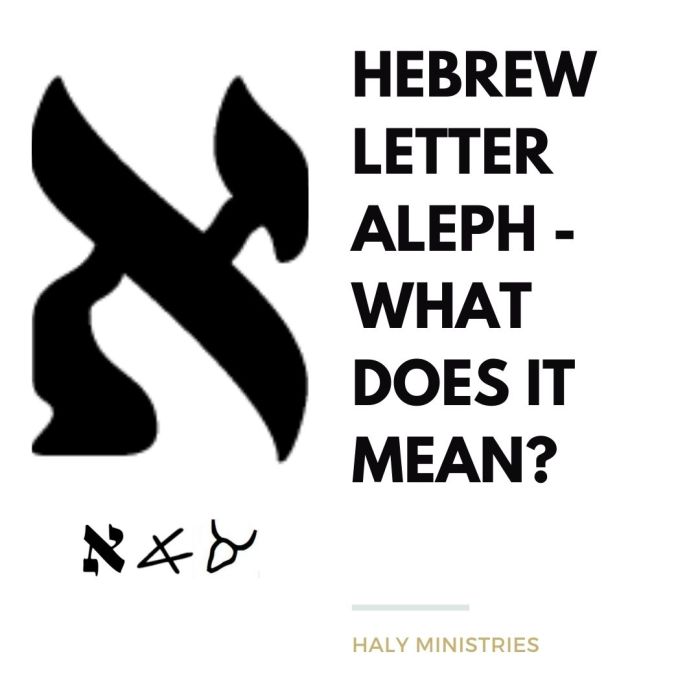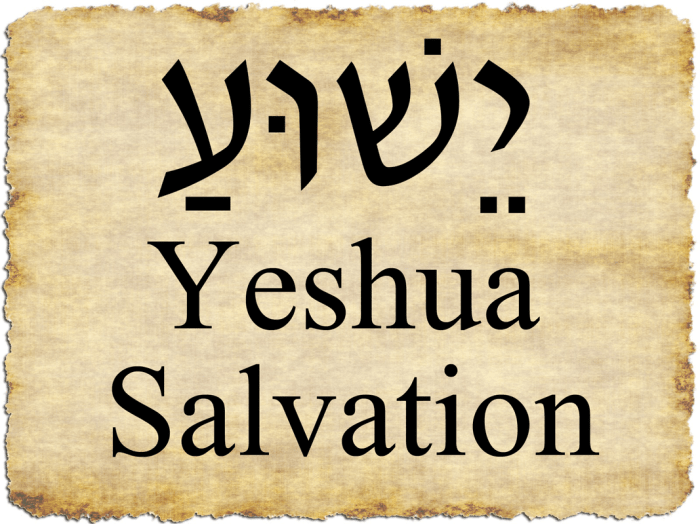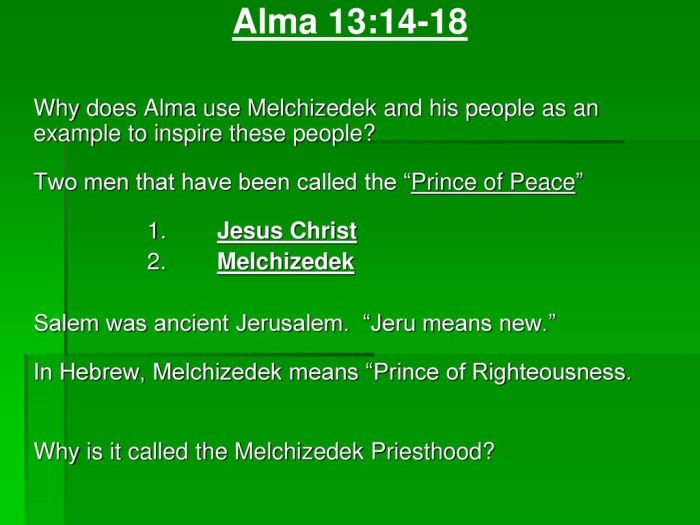What does jeru mean in hebrew – Unveiling the hidden depths of the Hebrew language, we embark on a captivating journey to unravel the meaning of “Jeru.” This enigmatic term, woven into the fabric of Jewish tradition and modern Hebrew, holds a wealth of cultural and historical significance that we are eager to uncover.
From its biblical origins to its contemporary usage, “Jeru” has evolved and transformed, carrying with it layers of meaning and symbolism. Join us as we delve into the etymology, biblical context, and modern-day applications of this intriguing word, unlocking its secrets and exploring its profound impact on Jewish culture.
Etymology of “Jeru”

The word “Jeru” is derived from the Hebrew word “Yeru,” which means “to throw” or “to cast.” In the Bible, Jeru is often used to refer to the act of casting lots or casting stones as a way of making decisions or determining outcomes.
The word “Jeru” has cognates in other Semitic languages, such as the Arabic word “jarra,” which means “to draw” or “to pull,” and the Aramaic word “jar,” which means “to cast” or “to throw.” These cognates suggest that the word “Jeru” has a common Semitic origin, and that it has been used in various forms to describe the act of casting or throwing for centuries.
Biblical Usage, What does jeru mean in hebrew
In the Bible, the word “Jeru” is used in a variety of contexts, including:
- To describe the casting of lots to determine the order of the priests’ service in the temple (1 Chronicles 24:5).
- To describe the casting of stones to determine who would be stoned to death for adultery (John 8:7).
- To describe the casting of a net to catch fish (Matthew 13:47).
- To describe the casting of a garment to cover someone’s nakedness (Genesis 9:23).
These examples illustrate the wide range of uses for the word “Jeru” in the Bible, and they demonstrate how the word was used to describe a variety of actions involving casting or throwing.
Jeru is a Hebrew word that means “to be taught.” It is often used in the context of religious education, such as in the Torah. For example, the phrase “Torah lishmah” means “Torah for its own sake.” In other contexts, jeru can also refer to secular education, such as in the phrase “beit sefer” (school).
In geometry, the concept of a “jeru” is also important. Geometry: Elayn Martin Gay PDF is a comprehensive resource that explores this concept in depth. It provides a detailed explanation of the different types of jeru, their properties, and their applications in geometry.
Biblical Usage

The term “Jeru” appears in several biblical passages, primarily in the Old Testament.
In the Hebrew Bible, “Jeru” is used in the following contexts:
In the Book of Genesis
- “Jeru” is mentioned as the father of Baal-hanan, the king of Edom (Genesis 36:38).
In the Book of 1 Chronicles
- “Jeru” is listed as a descendant of Esau and a duke of Edom (1 Chronicles 1:40).
In the Book of Ezra
- “Jeru” is referred to as the son of Bebai, who returned to Jerusalem from the Babylonian exile (Ezra 2:31).
In the Book of Nehemiah
- “Jeru” is mentioned as the son of Azbud, who participated in the rebuilding of the walls of Jerusalem (Nehemiah 3:10).
In these biblical passages, “Jeru” serves as a personal name, referring to individuals from different historical periods.
Modern Hebrew Usage

In modern Hebrew, “Jeru” has evolved to encompass a range of meanings and connotations, reflecting the dynamic nature of the language and its usage in everyday contexts.
The term is commonly employed as a colloquial expression to convey various sentiments or ideas, including:
Slang Usage
- As a term of endearment or affection, often used among close friends or family members.
- To express surprise, astonishment, or disbelief.
- To convey a sense of admiration or approval.
Diminutive Form
Jeru can also serve as a diminutive form of certain Hebrew names, such as “Jeremiah” or “Jerusalem,” adding a touch of intimacy or familiarity to the address.
Poetic or Literary Context
In literary or poetic contexts, “Jeru” may be employed to evoke a sense of nostalgia, longing, or connection to the past, particularly in reference to Jerusalem or the Jewish heritage.
Cultural and Historical Significance

The term “Jeru” holds immense cultural and historical significance in Jewish tradition, deeply intertwined with Jewish identity and religious practices.
In the Hebrew Bible, “Jeru” refers to the city of Jerusalem, a central symbol of Jewish faith and the spiritual home of the Jewish people. The city is believed to have been established by King David and became the capital of the United Kingdom of Israel.
Jerusalem is revered as the site of the First and Second Temples, the holiest places in Judaism.
Role in Jewish Rituals and Ceremonies
The significance of “Jeru” extends beyond its biblical origins into various Jewish rituals and ceremonies.
- Prayer:Jews traditionally face Jerusalem when praying, as it is considered the focal point of divine presence.
- Pilgrimage:Jerusalem is a destination for Jewish pilgrimages, especially during the holidays of Passover, Shavuot, and Sukkot.
- Blessings:Many Jewish blessings and prayers mention Jerusalem, invoking its spiritual and historical importance.
Cultural and Religious Symbolism
“Jeru” has become a powerful symbol in Jewish culture, representing:
- Unity:Jerusalem is a symbol of Jewish unity and the gathering place for all Jews.
- Hope:The city is a source of hope and inspiration for Jews around the world.
- Resilience:Jerusalem has endured countless challenges and wars, serving as a testament to Jewish resilience.
The cultural and historical significance of “Jeru” continues to shape Jewish identity and practices, making it a central aspect of Jewish tradition and a symbol of faith and belonging.
FAQ Summary: What Does Jeru Mean In Hebrew
What is the origin of the word “Jeru”?
The word “Jeru” is derived from the Hebrew root “yeru,” which means “to fear” or “to be afraid.”
What is the biblical significance of “Jeru”?
In the Bible, “Jeru” is often used to refer to the fear or reverence that people feel towards God. It is also used to describe the awe and wonder that people experience when they encounter the divine.
How is “Jeru” used in modern Hebrew?
In modern Hebrew, “Jeru” is still used to refer to fear or reverence. However, it is also used in a more general sense to mean “respect” or “honor.” For example, people might say “yeru et ha-mishpacha” to mean “respect the family.”
